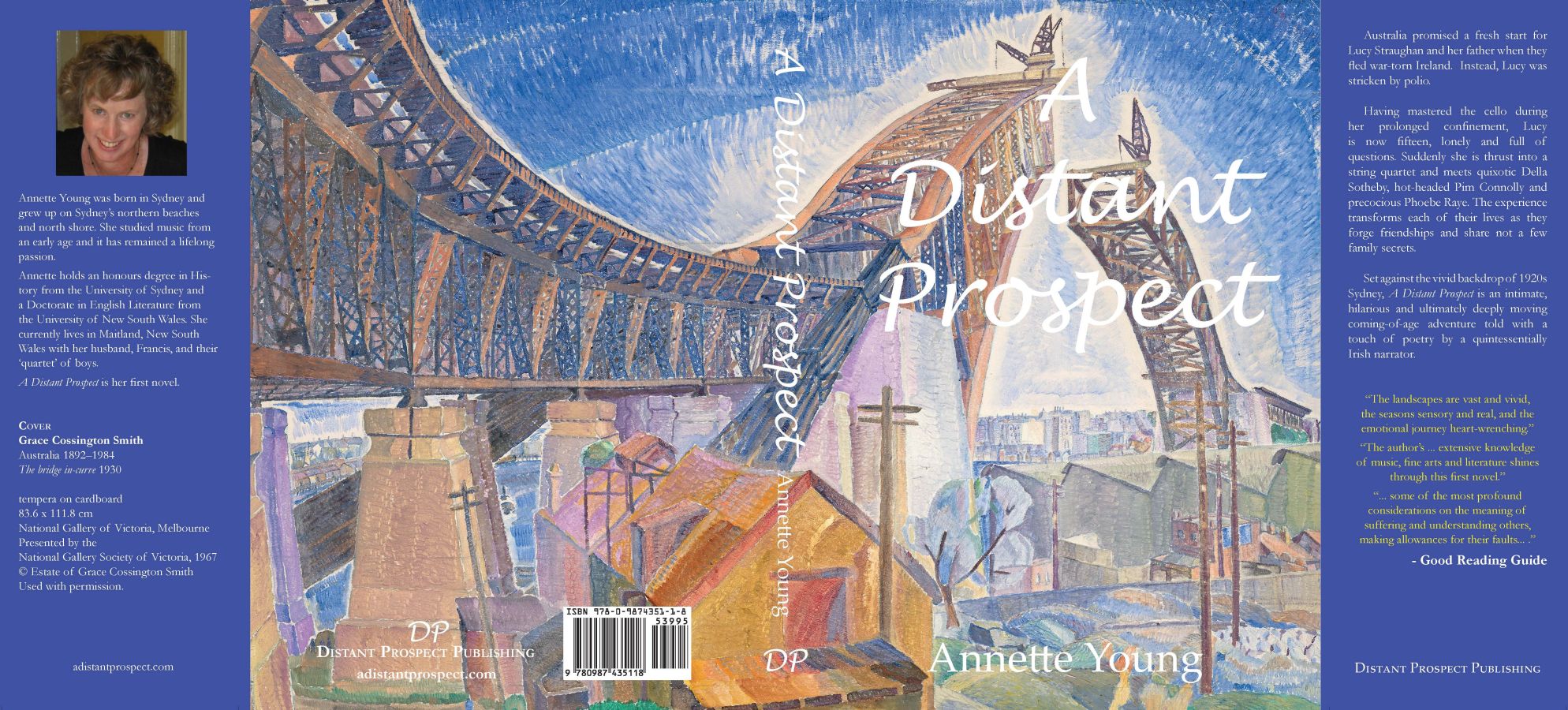This week’s Shelfie features a selection of works written between 1900 and 1945 by Austrian and German writers, works which provide insight into the zeitgeist, as well as communicate historical and social details, words, and expressions – all valuable for creating character and setting. They were my staple reading when I commenced work on By Violence Unavenged four years ago – a refreshing literary change for a nineteenth century Brit. Lit. gal; and I suppose I’ll be rereading them while I’m editing.
Stefan Zweig: Zweig was Richard Strauss’ librettist, a playwright in his own right, and a writer of novellas. His mastery of metaphor is seen in A Chess Story in which the plight of late 1930s Austria is represented through an account of a chess game between a clever and knowledgeable chess enthusiast connected with the Austrian royal family, and a bumpkin genius. The World of Yesterday, Zweig’s memoir of the years 1880-1940, was written in Brazil immediately prior to his suicide pact with his second wife at the height of World War II, before the Nazi defeat at Stalingrad, when it seemed to Zweig that the Europe he knew and loved would be lost forever. The Post Office Girl is rather uneven in terms of plot, but contains wonderful descriptions, and is a useful insight into pre- and post- World War I Vienna.
Erich Kastner: Kastner is best known for Emil and the Detectives, a terrific piece of children’s fiction, which I should have included in the pile here. Going to the Dogs is one of his more adult works. It is the Berlin equivalent of Orwell’s Down and Out in Paris and London told with gentle humour, an eye for detail, and a delight in absurdity.
Bertold Brecht: The Threepenny Opera. Quintessentially Marxist humour. No understanding of the twentieth century is complete without Karl Marx.
Karl Kraus: And no understanding of early twentieth century Vienna is complete without Karl Kraus. Best known for the essays published his magazine, Die Fackel, Kraus’ satire is the spirit of the Viennese coffee house. Aphorisms such as ‘Psychoanalysis is that mental illness for which it regards itself as therapy’ reflect his multi-layered wit and shrewd insight, which certainly influenced the young Roderick Raye, and inspired the conversation of the Viennese characters in By Violence Unavenged.


